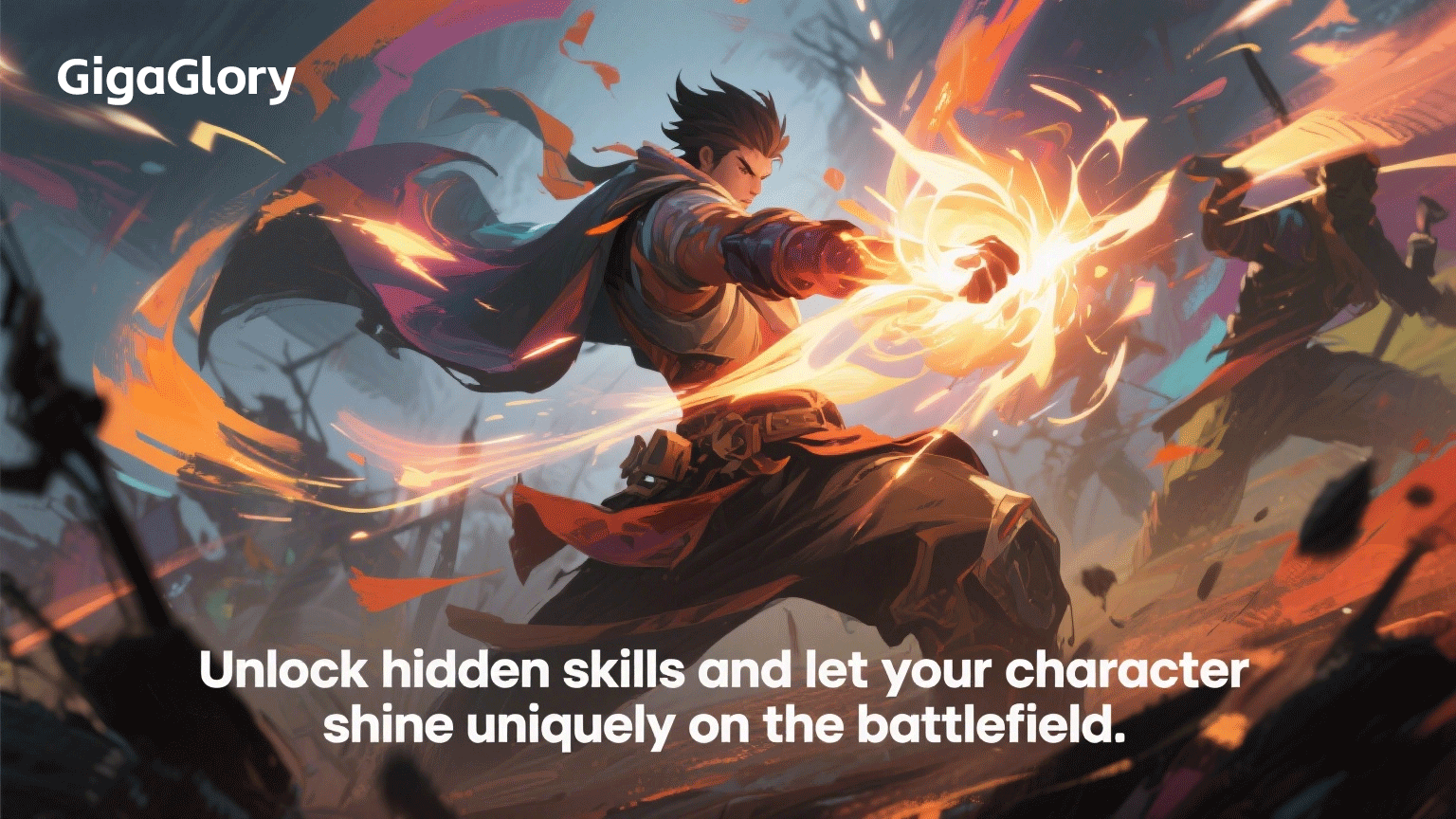Introduction to Offline Educational Games
In recent years, the digital landscape has expanded rapidly, promoting online gaming experiences. However, the importance of offline educational games cannot be overlooked. These games provide engaging ways for learners to grasp concepts and skills without the distractions of screens.
The Impact of Offline Educational Games on Learning
Research indicates that interactive and hands-on activities enhance cognitive retention. When integrating educational content within offline games, students exhibit improved focus and collaboration skills. For instance, teams working together in a game setting often communicate more efficiently.
Understanding the Mechanics of Offline Games
Offline games often mimic the structure of traditional games yet infuse educational elements. They can range from board games to physical activities, all aimed at refining various skills among participants.
Popular Types of Offline Educational Games
- Board Games: Classics like Scrabble and Monopoly, tailored for educational purposes.
- Role-Playing Games: Encouraging creativity and critical thinking.
- Physical Educational Games: Engage students in active learning through movement.
The Advantages of Offline Learning
While online games such as "Clash of Clans" capture attention, the advantages of stepping away from screens are numerous:
- Enhanced Social Skills: Offline games foster real-time interaction, improving communication and teamwork.
- Reduced Screen Fatigue: Engaging offline allows a break from prolonged screen exposure, benefiting mental health.
- Improved Memory Retention: Hands-on experiences create stronger cognitive links within the brain.
Offline Games vs. Online Games: A Clash of Preferences
The juxtaposition between offline games and their online counterparts raises essential discussions. Though online games like "Clash of Clans" have become household names, many students find themselves overwhelmed. The need for balance in educational frameworks recognizes the merit of both approaches.
Table: Comparison of Offline and Online Educational Games
| Feature | Offline Games | Online Games |
|---|---|---|
| Social Interaction | Face-to-face engagement | Virtual interactions |
| Screen Exposure | No screen time | Extended screen hours |
| Adaptability | Easier to modify rules | Limited by game structure |
| Focus and Concentration | Higher due to fewer distractions | Potential distractions from notifications |
Encouraging Engagement through Offline Games
Educators can effectively implement offline games within their curriculums. Creating game nights or incorporating educational board games into lessons can enhance student enthusiasm. Moreover, students often feel a sense of accomplishment that transcends traditional learning metrics.
Key Strategies for Implementing Offline Educational Games
- Identify learning objectives clearly to align the game with curriculum goals.
- Engage students in the game design process to foster ownership and creativity.
- Incorporate feedback sessions post-game to discuss insights and learning instances.
The Role of Parents in Promoting Offline Games
Parents play a crucial role in endorsing offline educational games at home. By encouraging game nights filled with educational board games or DIY games, families can promote learning outside classroom walls.
Challenges with Offline Educational Games
Despite their benefits, offline games face challenges:
- Resource Availability: Some schools may not have access to a range of educational games.
- Time Constraints: Busy schedules may limit the opportunity for extensive game sessions.
- Student Interest: Keeping students engaged can be difficult, especially when interrupted by digital allure.
Conclusion: The Future of Offline Games in Education
In closing, offline educational games present unique opportunities for teachers and students alike. As we continue to explore the benefits of education beyond screens, these initiatives can lead to enriched learning experiences. Balancing offline play against the digital backdrop creates pathways for deeper engagement, collaboration, and creativity in classrooms.
FAQ
Are offline educational games effective for all ages?
Yes, offline educational games can be tailored for different age groups, making them versatile tools for learning across multiple levels.
Can offline games enhance group dynamics?
Indeed! They foster teamwork and communication skills, enhancing group dynamics among students.
How can teachers integrate offline games into their lessons?
Teachers can design lessons around games or use games as a reward for completed coursework to encourage participation.



